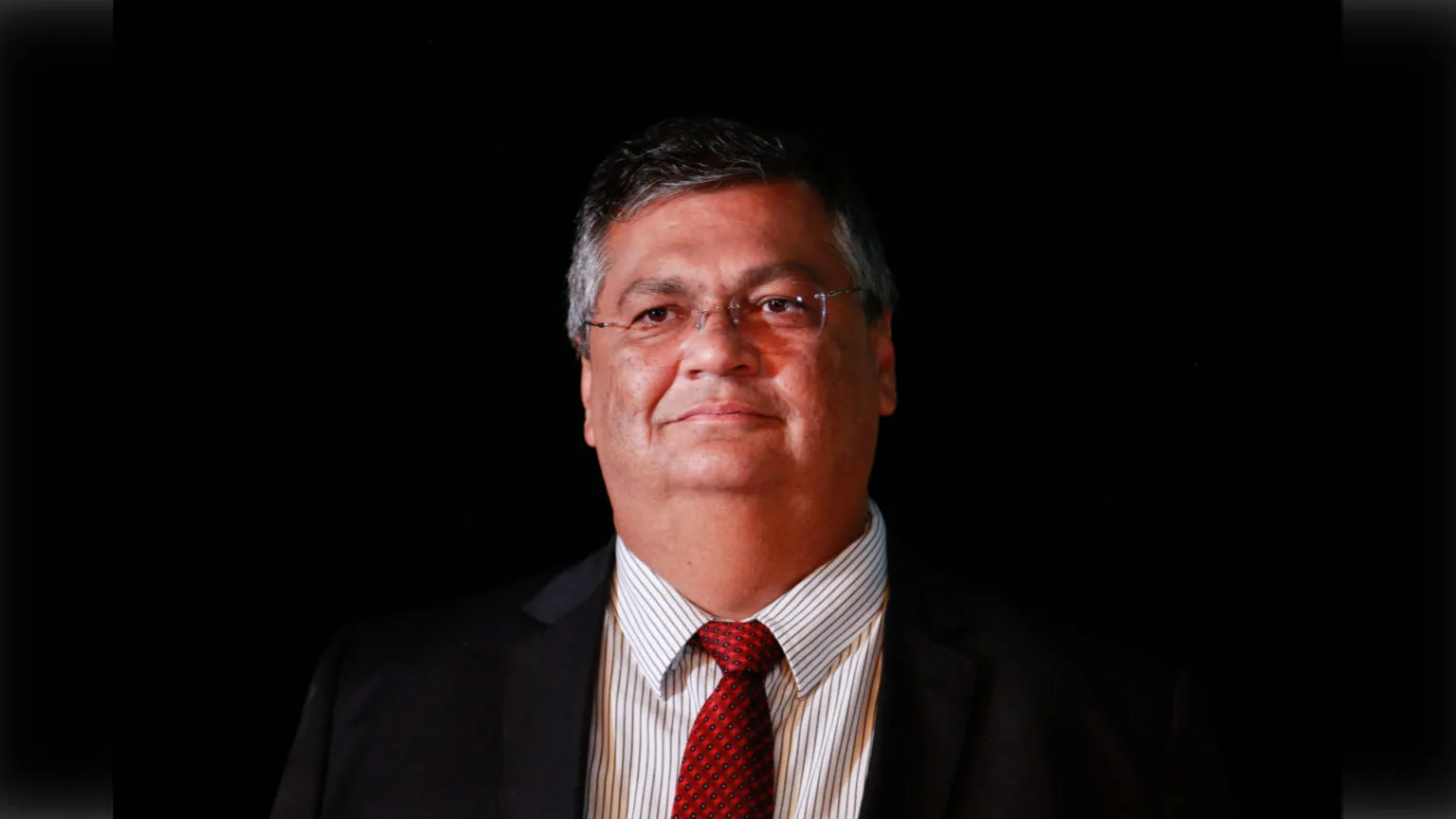Brazil’s Justice and Public Security Minister, Flávio Dino, revealed plans to change the country’s terrorism law.
The goal is to include criminal gangs under its scope. The change aims to weaken these organizations financially through stricter sanctions.
This proposed change follows a wave of violence in Rio de Janeiro. There, criminal gangs set fire to 35 buses and a train.
This violent act occurred after police killed a key gang leader. Flávio Dino stresses the need to rethink how Brazil defines terrorism.
Often, the term “terrorism” is linked to global entities. These entities focus on resources like water and energy.
Yet, Dino suggests widening the term to include domestic criminal factions.
Currently, Brazil’s terrorism law zeroes in on acts that create widespread fear. For example, sabotaging public transportation falls under this law.
However, the existing law only applies if the acts are based on racial or religious discrimination.
Under the proposed changes, financial support to such groups would lead to severe penalties.

Specifically, people would face 15 to 30 years in prison for financially aiding any entity involved in terrorism.
In summary, the Brazilian government aims to update its terrorism laws. They wish to include a broader definition that targets both global and domestic threats.
This aims to tackle organized crime more effectively by cutting off their financial resources.
Background
Rio’s militias are a concerning factor when discussing organized crime in Brazil.
These militias often comprise former and current police officers, firefighters, and military personnel.
They wield significant power and have a considerable territorial hold, primarily in Rio de Janeiro.
Their activities include controlling access to communities, running illegal cable TV, and even participating in property development.
Originally, militias emerged as groups aiming to combat drug trafficking and provide local security.
However, they gradually evolved into criminal organizations themselves, posing a complex challenge for law enforcement.
These groups maintain their influence through a blend of coercion and community services, making them difficult to root out.
The Brazilian government has been under increasing pressure to address this issue, especially with violent crimes making headlines.
Flávio Dino’s proposed changes to the terrorism law reflect a broader effort to quell international threats and domestic criminal enterprises like militias.

